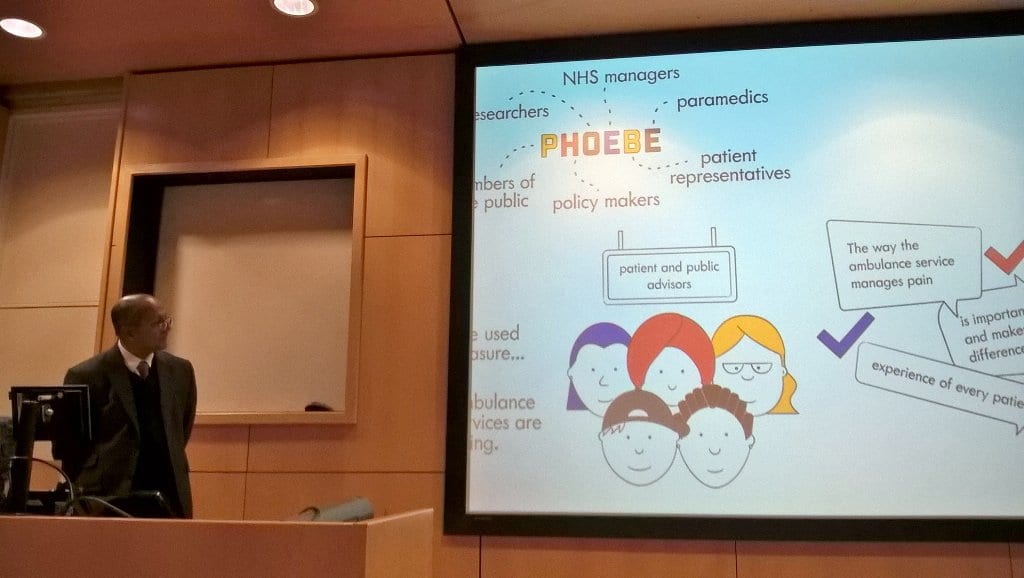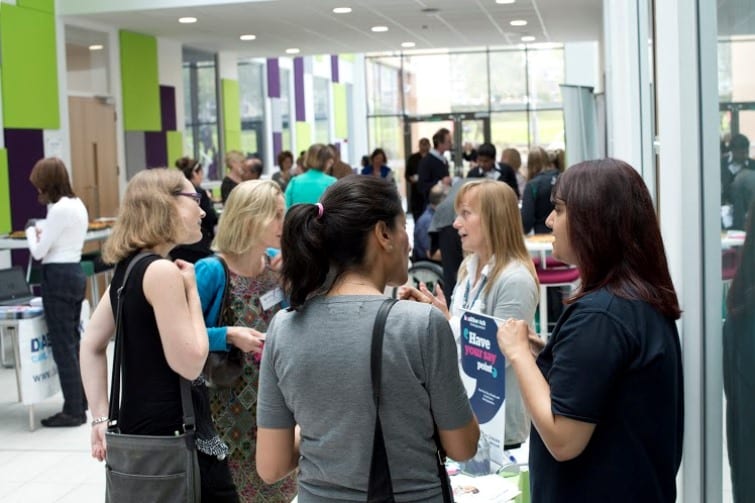CaHRU professors contribute to PEARL Conference

Professors Graham Law and Niro Siriwardena contributed to the Public Engagement for All with Research in Lincolnshire (PEARL) conference which took place at the Cargill Lecture theatre at the University of Lincoln on 21 March 2018. PEARL is an initiative Continue reading CaHRU professors contribute to PEARL Conference



